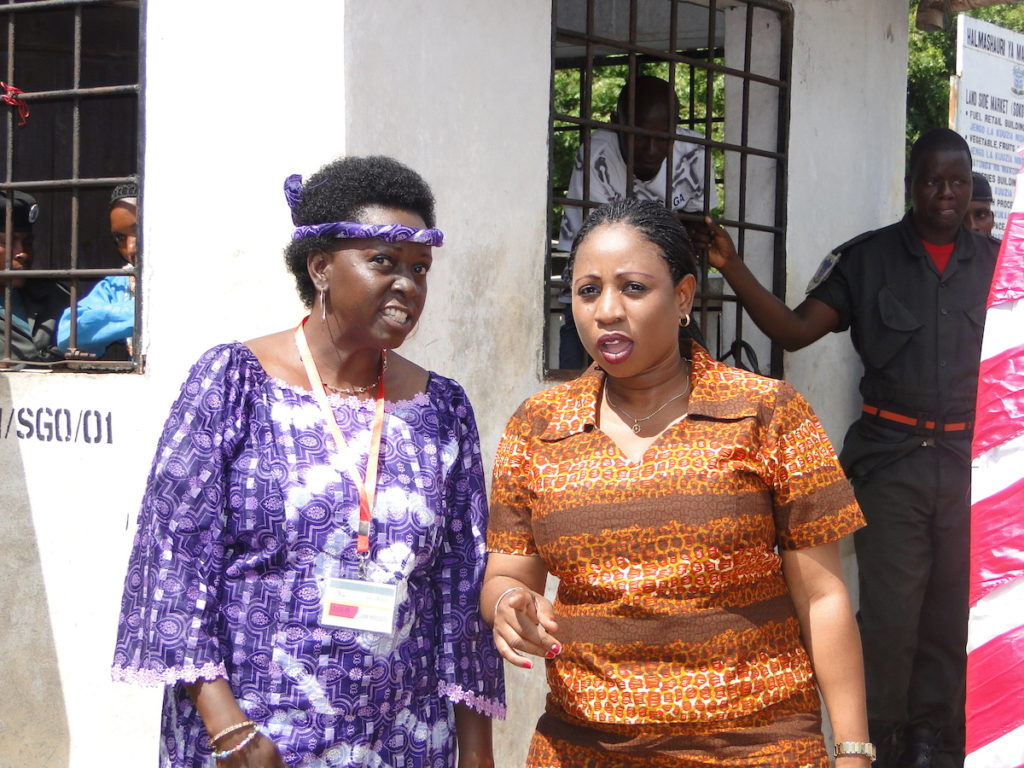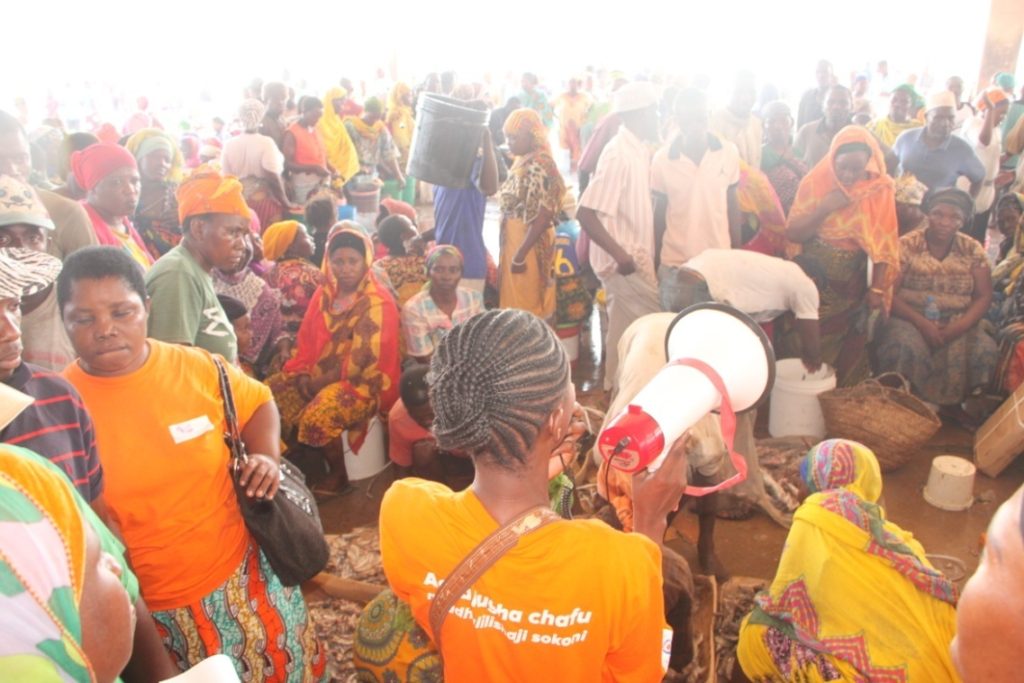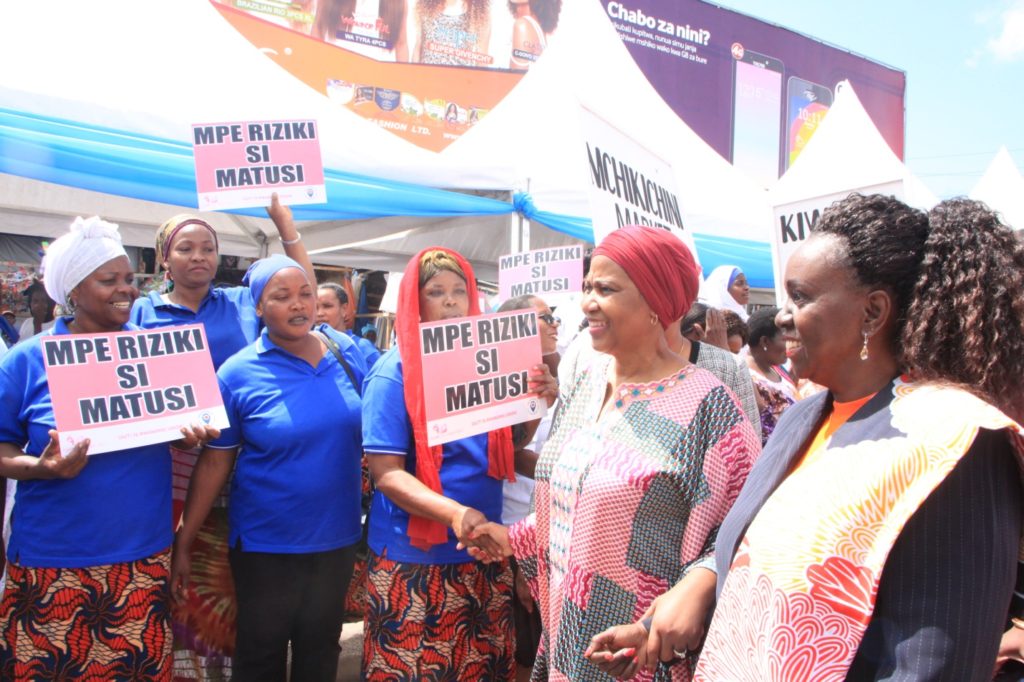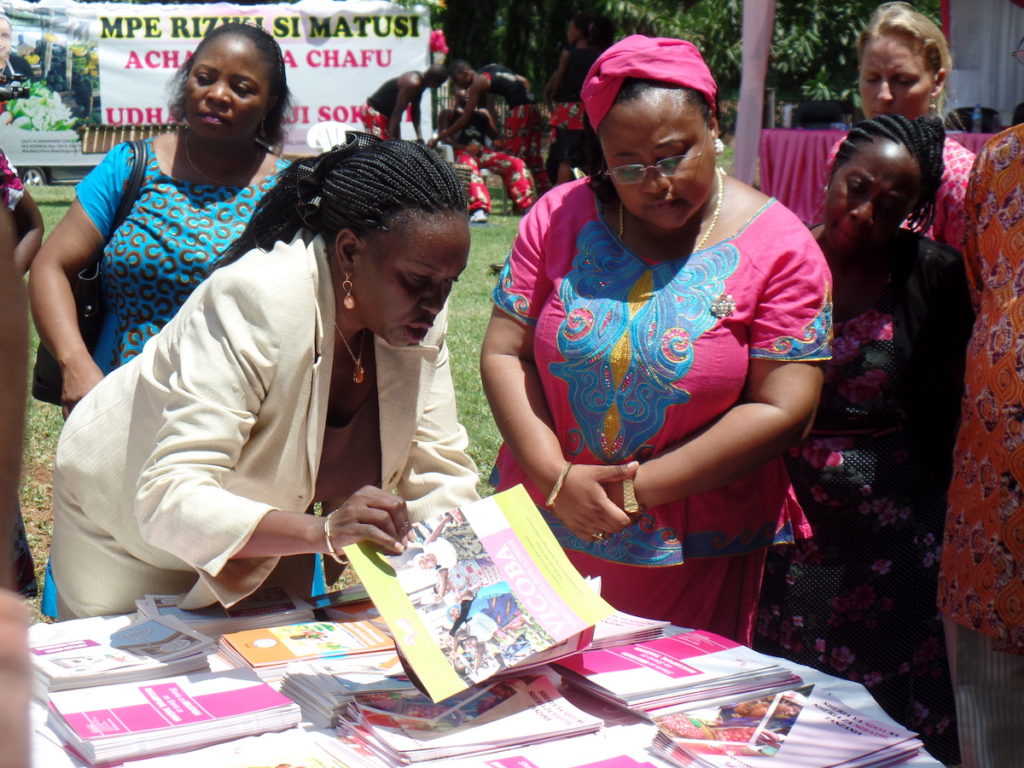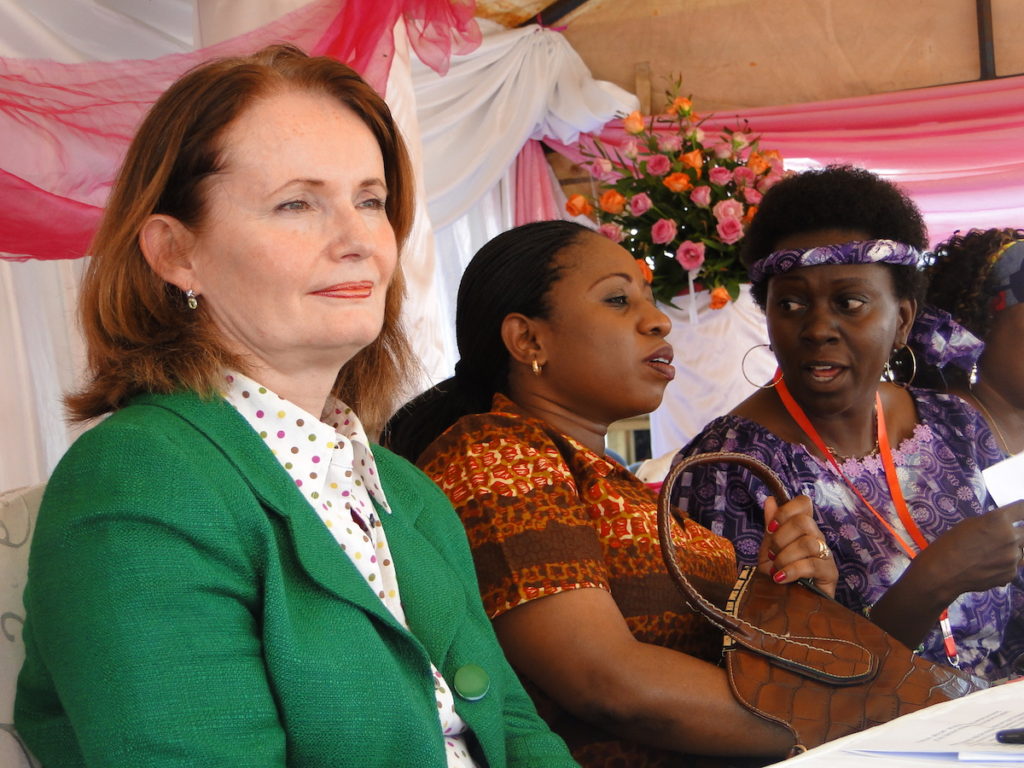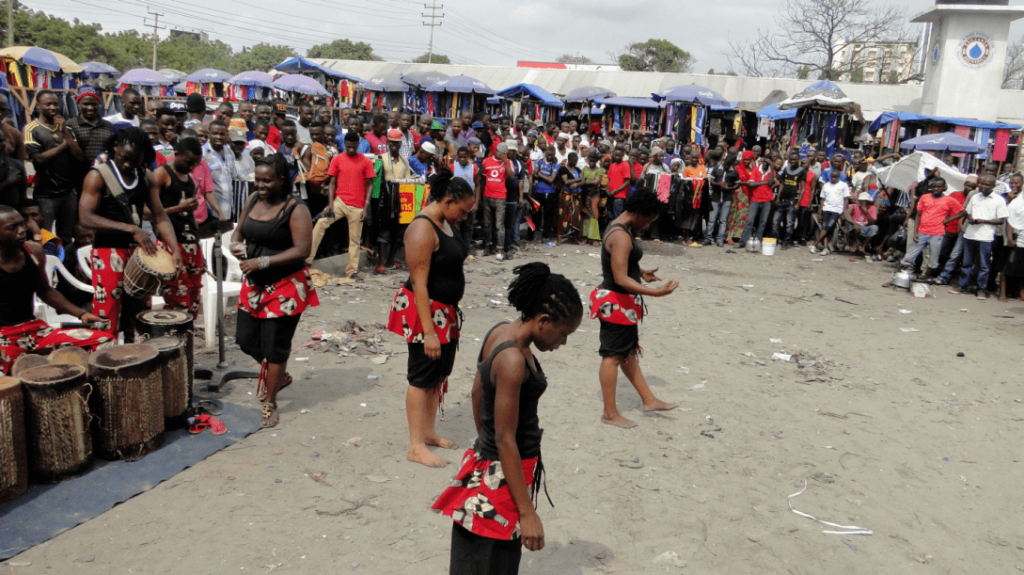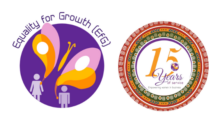Safe Public Spaces for Women
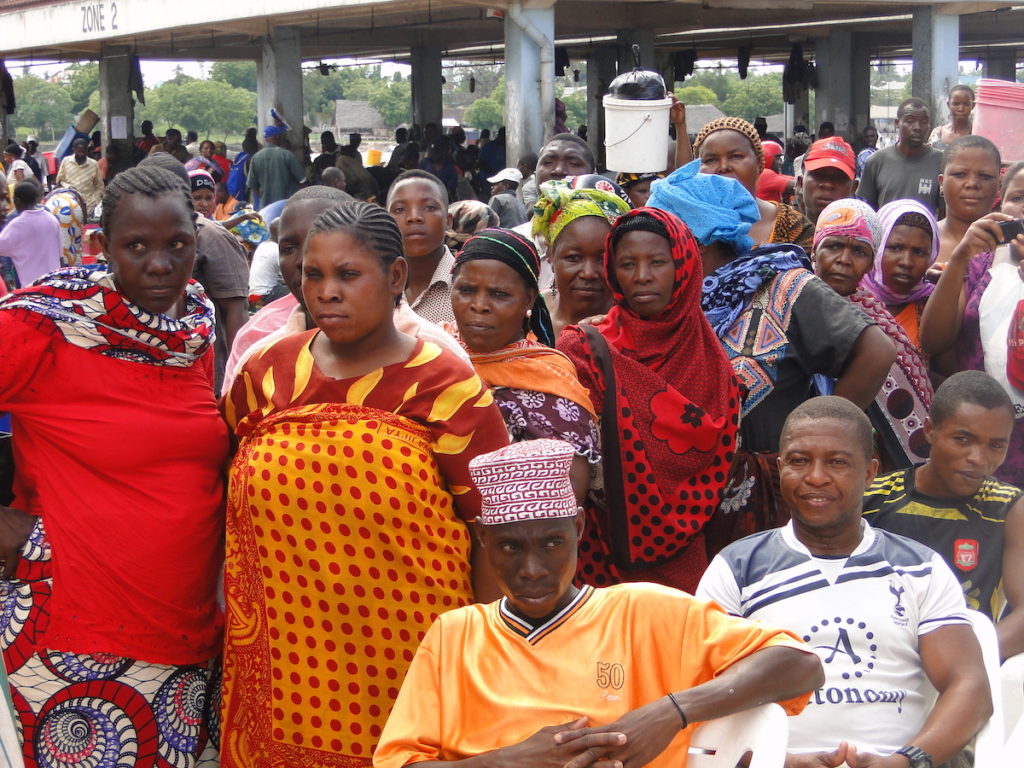
39% of women aged 15 – 49 have experienced physical violence, and 17% have experienced sexual violence. (Tanzania Demographic and Health Survey, TDHS 2015 – 2016)
96% of women traders experience GBV in the marketplace. (EfG Study 2017)
Multiple forms of Gender-based Violence (GBV) are prevalent, institutionalized, and normalized within informal marketplaces, impacting traders’ health, safety, security and economic well-being. EfG Baseline Surveys conducted in three regions of Dar es Salaam, Shinyanga and Dodoma on GBV at market places in 2015 and 2019 revealed the following:
- Dar es Salaam shows 96.77% of women experience violence at their workplace.
- Shinyanga report shows that economic violence (34%) followed by Psychological/Verbal (31%), Physical (28%), Sexual (4%) and other violence (3%).
- Dodoma report shows that (32%) Sexual assault, followed by Verbal Abuse (31%), Economic (21 %) Physical (8%), Psychological (6%) and other violence (2%).
The program was successful in the following:
- Enhancing market traders’ awareness and knowledge on GBV and its impact on women
EfG has been organizing and conducting anti-GBV campaigns to increase understanding of GBV enhance knowledge, and change attitude and behavior regarding GBV. Also, engagement with media has been a key in creating and increasing public awareness on GBV and anti-GBV initiatives as well as advocating for legal and policy reforms. So far, EfG has:
- Reached 20,000 + market traders, increasing awareness of GBV and women’s rights;
- Seen a decrease of GBV incidences in markets by 81%;
- 22 markets have adopted and are using the guideline for ending GBV.
- Influencing markets to adopt a model anti-GBV guidelines for handling and combating GBV at market places
The model guidelines were developed by EfG and introduced to market traders and District/Municipal authorities as a tool to help prevent and combat GBV at market places.
Markets Committees, Municipal officials were consulted to adopt the GBV Guideline, which is tailored to the needs and environment of market traders. The guidelines provide step by step instructive information on how to handle, monitor, and address GBV incidences at marketplaces. The guidelines also highlight both GBV preventive and responsive measures, intending to promote a common practice towards addressing GBV in markets. A total of 22 markets have adopted and are actively using the guidelines so far. The guidelines have enabled the assistance of over 1,500 GBV survivors each year.
- Enhancing collaboration between law enforcers, Market Committees and Municipal officials to effectively address GBV happening in the markets
EfG has been working towards ensuring greater coordination among key actors in addressing GBV at market places and strengthening the capacity of stakeholders to respond to GBV. We have been building the capacity of these actors to effectively handle GBV cases and ensure comprehensive and coordinated efforts in preventing and combating GBV. Increased capacity among service providers has seen improved coordination in handling GBV incidents occurring at marketplaces.
- Documenting and sharing EfG’s model approach
EfG’s model approach was documented and shared with local government authorities (Municipal and District Councils), different ministries include the Ministry of Health, Community Development, Gender, Elderly, and Children. Ministry of Agriculture, Ministry of Industry and Trade, and PO-RALG (TAMISEMI), civil society organizations, and the media, for scale-up and replication. The aim was to build a better understanding of how informal sector women can be assisted to overcome GBV at the market level. We have developed a curriculum centered on training and capacity building that successfully raises awareness of women’s rights and provides women with legal support. Currently, EfG is scaling up the ‘Sauti ya Mwanamke’ model to 2 regions of Shinyanga and Mbeya.
